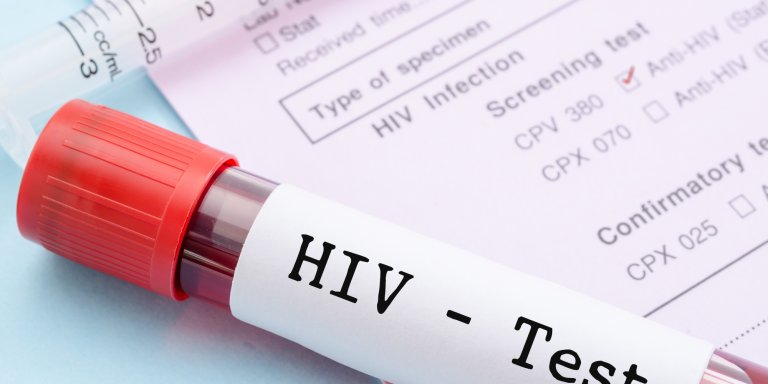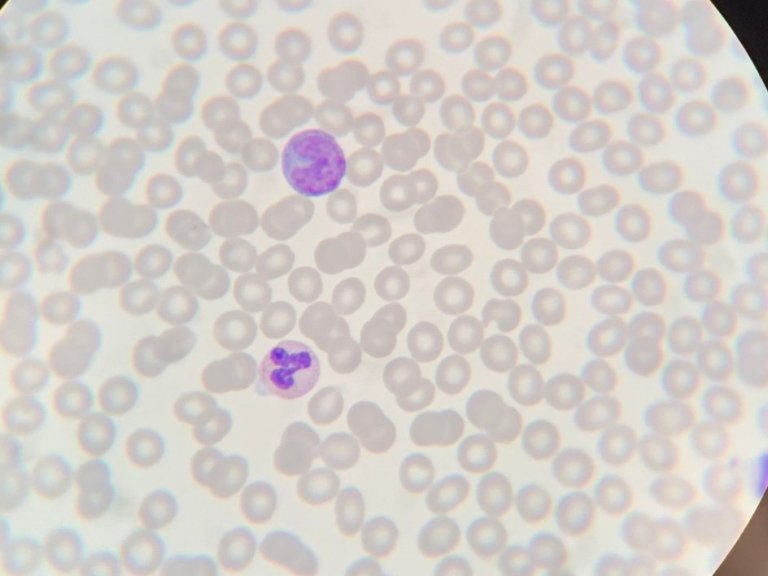Since the beginning of the HIV epidemic in the 1980s, 38 million people have been infected worldwide and as of the present time 33 million have died as a result of HIV/AIDS (www.unaids.org). Professor Peter Reiss of Amsterdam UMC has been studying the virus for years and is known internationally as an expert in the field of HIV and AIDS research. Until last year he was also director of the foundation ‘Stichting hiv monitoring’ (www.hiv-monitoring.nl ) that monitors people in the Netherlands who are receiving care for their HIV.
Harmful effects to human health
Reiss: “By reviewing our data, particularly the genetic codes of HIV, we identified a new type of virus, the ‘VB variant’. This strain has a higher virulence, which means that this variant causes much more harmful effects to human health. The level of the new virus variant in the blood is 3.5 to 5.5 times higher than average. That also means there is a bigger risk of infecting someone with this variant. In addition, the level of CD4 cells – the characteristic damage to the body’s immune system by HIV – decreases at twice the rate, which means people with this variant are at risk of developing AIDS sooner.”
Fortunately, the current medications for treating HIV also work on this variant, which was found in 109 people, 107 of them in the Netherlands. “After starting treatment, people with the VB variant exhibit a similar recovery of their immune system and live about as long as people with other variants of HIV. There are no mutations of the VB variant that prevent successful treatment of the disease”, according to Reiss.
Immediate treatment
Reiss and his international colleagues therefore stress the importance of the World Health Organization's guidelines, which state that everyone must have access to HIV testing in order to discover potential infection as soon as possible; and that subsequently everyone who has been diagnosed must have immediate access to treatment. “So that the disease isn’t given any time to damage the immune system and thus endanger a person’s health”, Reiss says. “In addition, faster treatment helps to suppress HIV infection so that we can prevent it from being passed on to other people. These same WHO principles also apply to the VB variant.”
The authors of the study think that this variant evolved despite – and not thanks to – widely available treatment in the Netherlands. Treatment prevents the infection of others, and every infection averted also eliminates the chance of the virus evolving into more harmful strains.
Image: Adobe Stock




